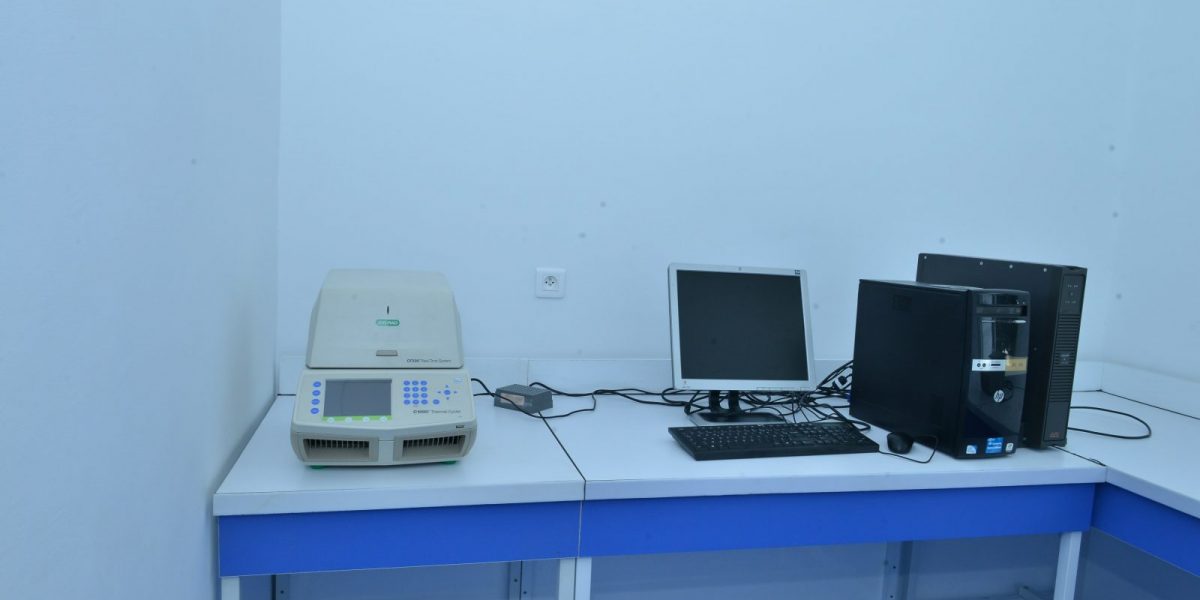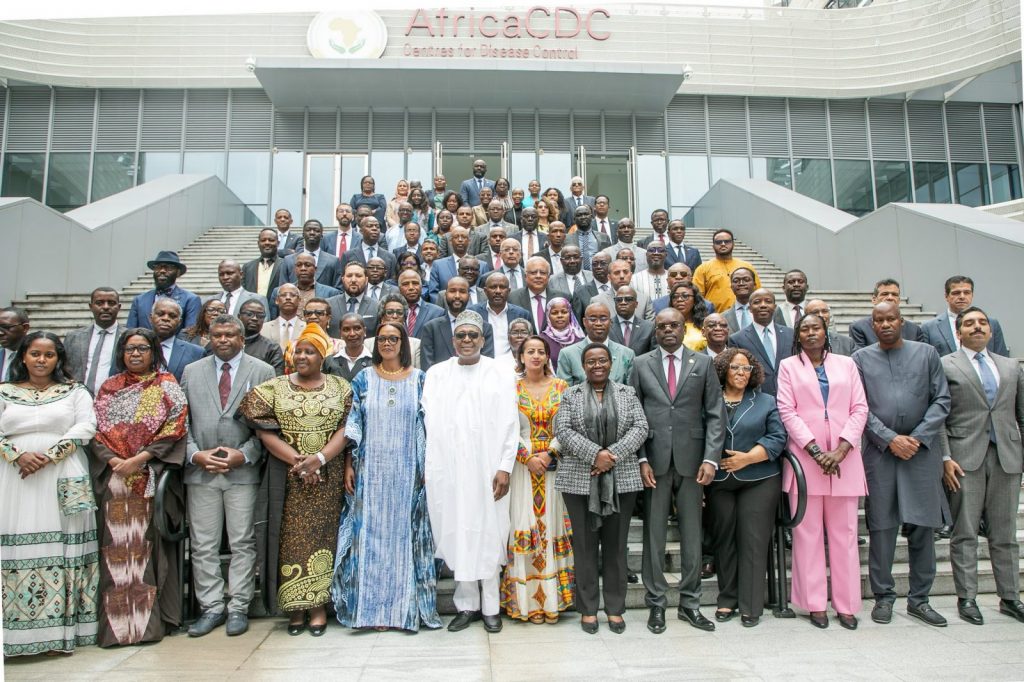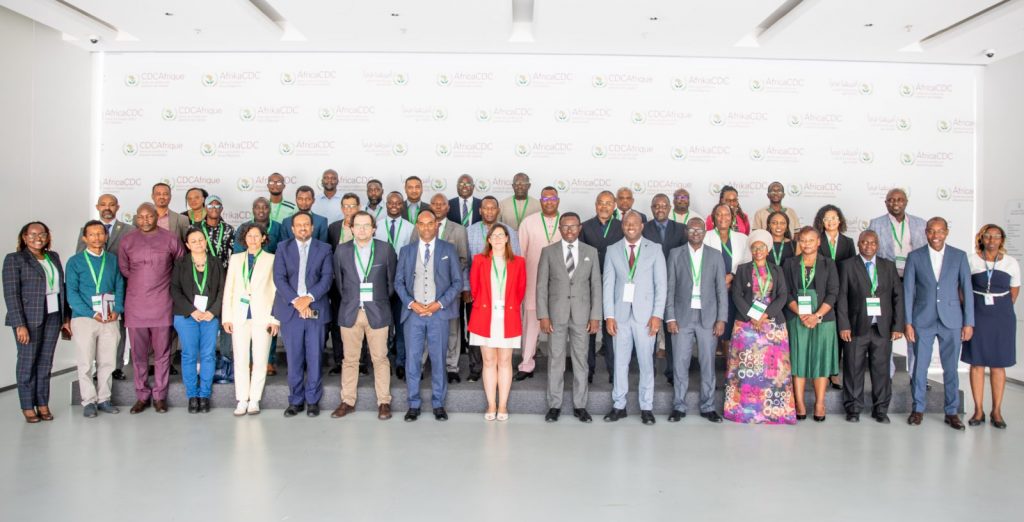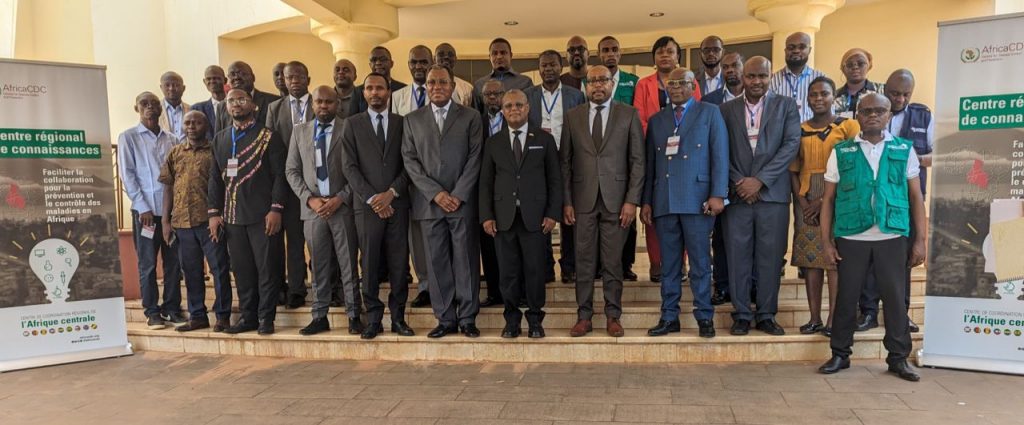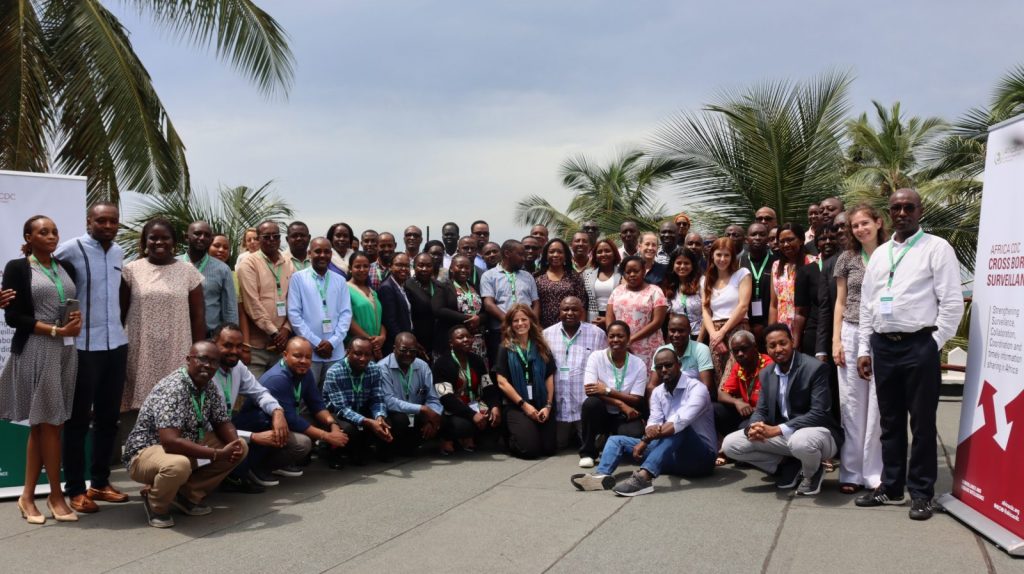The rising burden of chronic conditions, increased prevalence of non-communicable diseases and frequent outbreaks of diseases with fatalities have put immense strain on healthcare resources in Africa. Constantly growing population, antimicrobial resistance, increased cross-border trade, and the effects of climate change can place further challenges on health in the continent. Diagnostic tools that can improve decision-making and allow healthcare professionals to provide faster and more accurate solutions will be key in tackling these challenges, but such diagnostics often do not exist, are inaccessible, or too expensive. In recognition of these challenges, Africa CDC and other partners launched the Africa Collaborative Initiative to Advance Diagnostics (AFCAD) in 2018 to promote the diagnostic agenda in Africa through better-coordinated and synergized efforts that align with the priorities of the Ministries of Health of Member States. AFCAD’s focus are to:
- Accelerate national registration to facilitate timely and wide access to quality-assured essential diagnostics;
- Implement market interventions towards increased affordability of diagnostic testing;
- Facilitate reduction of user-fees;
- Communicate and disseminate data to support evidence-based improvement of diagnostic services; and
- Facilitate smart investment of resources, and advocate for appropriate investment in diagnostics.

